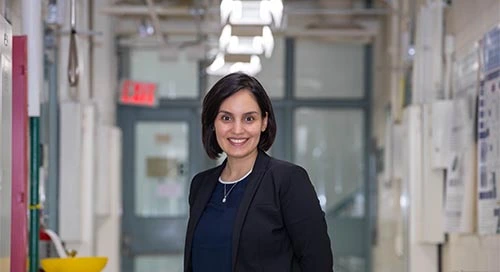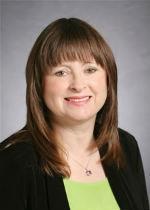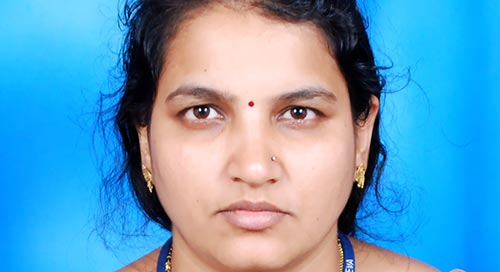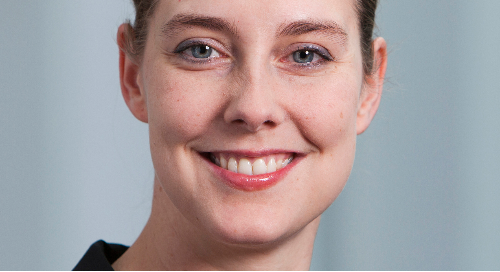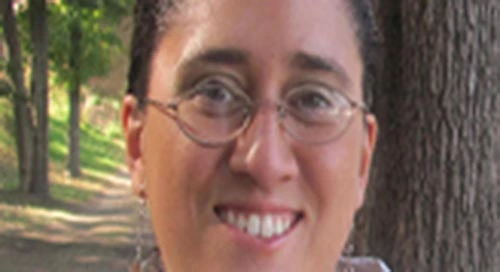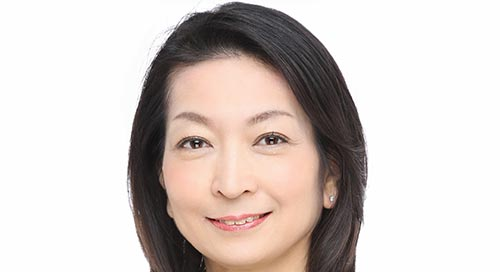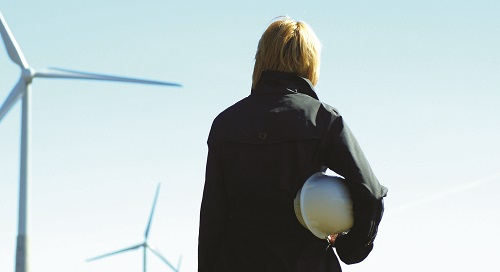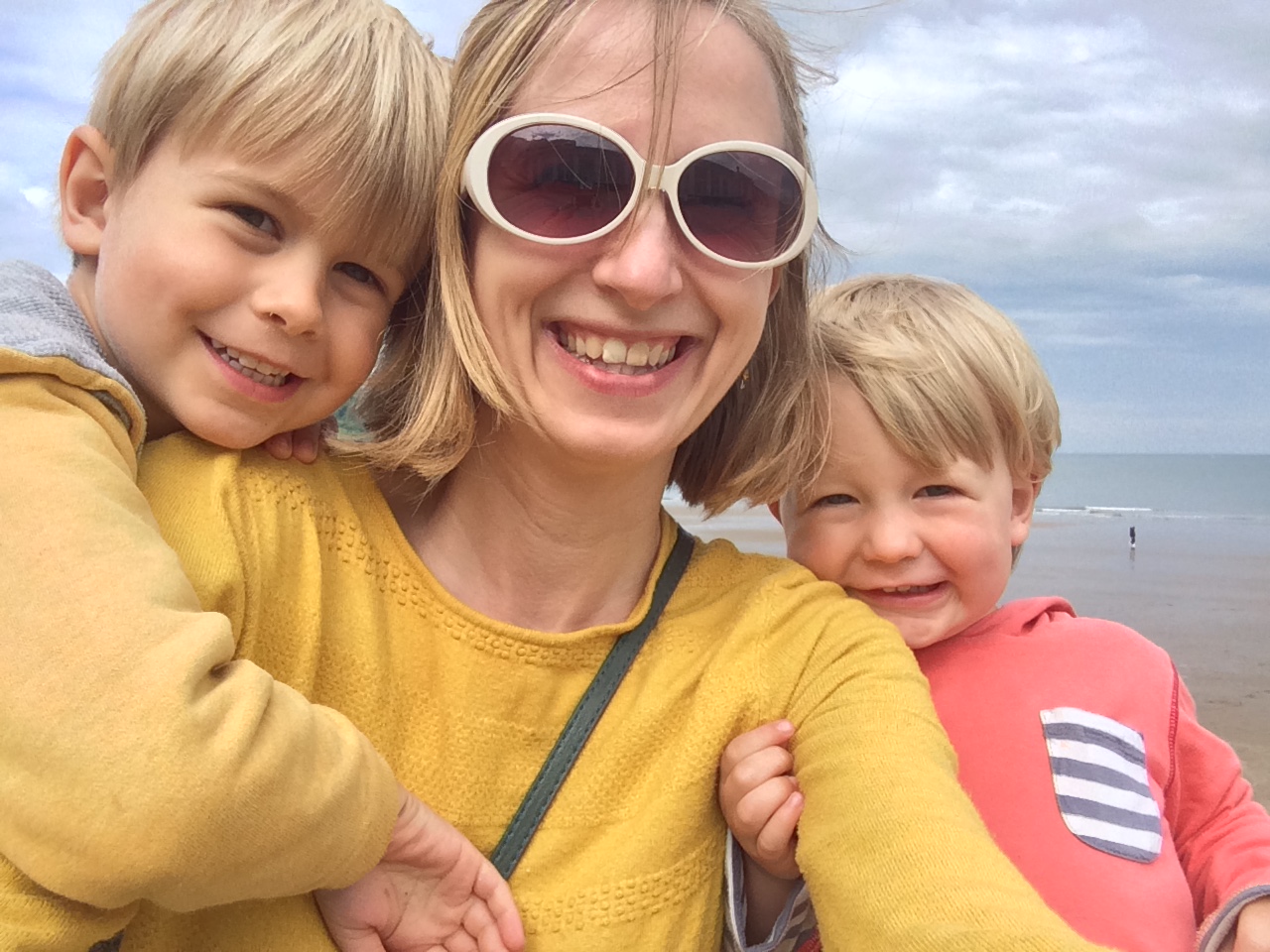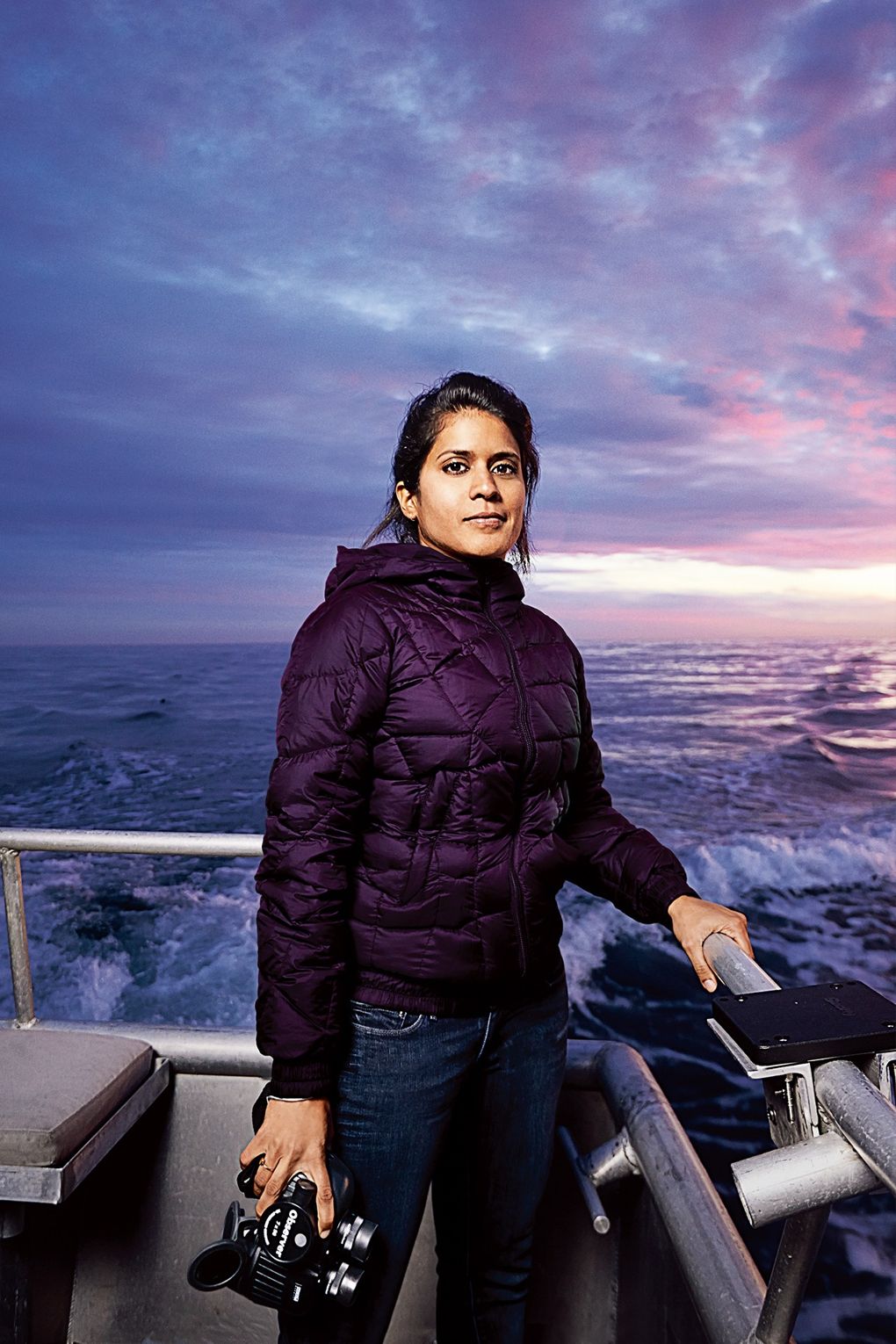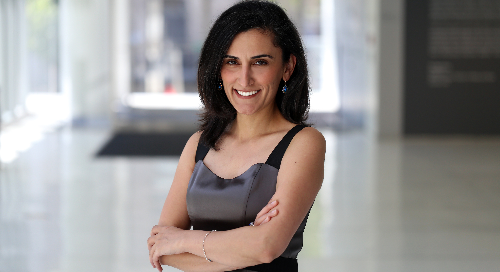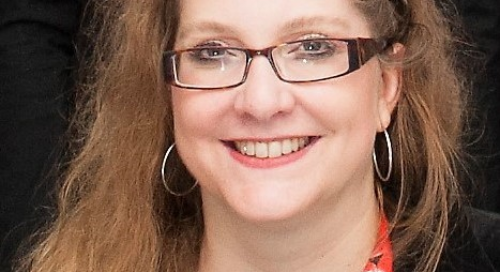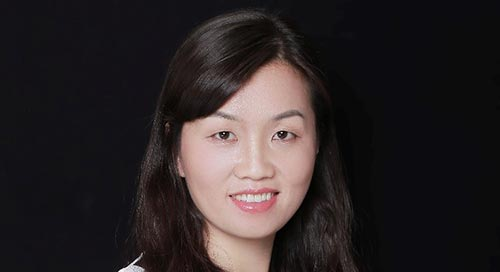creating-healthier-societies-meet-this-years-aspire-prize-nominees-part-i
July 30, 2018
Fostering research that creates positive, real-world impact is something we feel strongly about at Wiley. That’s why we co-founded and continue to sponsor the Asia Pacific Economic Cooperation Science Prize for Innovation, Research and Education (ASPIRE). ASPIRE is an annual award recognizing young scientists who have demonstrated a commitment to excellence in both scientific research and cooperation with scientists across the 21 economies that make up the APEC (Asia Pacific Economic Cooperation) forum.
The theme of this year’s prize is: “Smart Technologies for Healthy Societies” and focuses on how scientists are capitalizing on smart technologies and digital platforms to provide better health care access and services across the APEC region.
We thought we’d ask this year’s nominees a couple of questions about what inspires their work and how they’re creating healthier societies in a series of posts leading up to the ASPIRE prize ceremony in August. Check back over the next few weeks to learn more about these inspiring scientists!
Nominated by Canada, Dr. Daniel Fuller is Assistant Professor and Canada Research Chair in Population Physical Activity, Memorial University of Newfoundland. His research involves designing healthier cities by using mobile health technologies such as wearable devices, mobile phones, machine learning, and geographic information science to increase physical activity. He works closely with cities and local community organizations to evaluate the impact of existing interventions such as bicycle share programs, bridge construction, and snow clearing on physical activity. Dr. Fuller has published in numerous peer reviewed journals including Journal of Applied Social Psychology and Journal of School Health.
Q. What impact are you hoping to make with your work?
A. My ultimate goal is a physically active Canadian population. To achieve this goal my research focuses on two aspects. First, developing methods to improve the measurement of physical activity with a focus on commercial wearable devices. Second, to use data from wearable devices to improve our understanding of how transportation systems and urban planning can increase physical activity.
Q.How and why did you enter this field of research?
A. My interest in this research began when I was undergraduate student riding my bicycle to university. I became interested in how transportation systems and urban planning could encourage people to cycle. As a Kinesiology student, I was also keenly interested in how we measure physical activity. Since that time, we have seen the explosion of commercial wearable devices capable of measuring physical activity. I am now able to combine my passions and conduct innovative research using wearable devices to understand how cities can cause changes in physical activity.
Nominated by Chinese Taipei, Dr. Ming Tai Pan is a Physician and Principal investigator at National Taiwan University Hospital. Dr. Pan specializes in human physiology and mouse models of neurological disorders. His work is focused on discovering novel ways to measure brain physiology for movements which have implications for Parkinson’s disease, essential tremor, and cerebellar ataxic disorders. Dr. Pan also has invented smart technology to identify the most common movement disorders affecting 20% of the elderly population. Among his peer-reviewed publications, include articles in Annals of Neurology.
Q. What impact are you hoping to make with your work?
A. As a neurologist, I have seen many aging people suffering from movement difficulties in daily activities, such as walking, drinking or writing. Using optical and electromagnetic technologies in
both animal models and clinical settings, I hope to understand how human brains control movements. More importantly, I hope to introduce novel electromagnetic tools to significantly improve the diagnosis and treatment of movement disorders, especially Parkinson’s disease and tremor disorders.
Q. Why is creating healthier societies important to you?
A. Aging people frequently lose their quality of life and wiliness to work due to motor dysfunctions such as hand tremor or slow movement, while their minds are still sharp and clear. By treating movement disorders, we could turn disabled people back to productive ones which will greatly improve their life quality as well as the global economy. Moreover, degenerative movement disorders, such as Parkinson’s disease and essential tremor together, can affect up to 1/4 of the elderly population. By helping them, we are helping not only the society but also our families, our friends, and eventually ourselves.
Nominated by Malaysia, Dr Siti Hamidah Mohd Setapar is Associate Professor, Universiti Teknologi Malaysia and her research focuses on micellar nanotechnology, a cutting-edge technology used in skincare and cosmetics to improve the effectiveness of the skin cleansing process and enhance the absorption capacity of cosmetic ingredients into the skin. She has commercialized a range of cosmetic and skincare products through her university spin-off company.Dr. Mohd Setapar’s mission is to empower Malaysian women with safer, high-quality cosmetic products and to make available high-value cosmetics combining micellar nanotechnology with local natural extracts at lower prices. Dr. Setapar has published in Asian Pacific Journal of Chemical Engineering, among other research publications.
Q. What impact are you hoping to make with your work?
A. I wish to raise awareness among my fellow Malaysians about the risks and effects of toxic ingredients in beauty & cosmetic products and the importance of choosing safer and non-toxic products. I hope to become one of the pioneers in my country who produces research based beauty & cosmetic products that use non-toxic and safer ingredients (avoiding toxicity in cosmetics and beauty products as much as possible). As a researcher in the product development field, my responsibility towards society is to produce safer and better quality beauty & cosmetic products as these are women's needs and
necessities. The market is still saturated with a lot of beauty and cosmetic products that contain alarming levels of harmful ingredients such as mercury, plumbum & hydroquinone.
Q. How & why did you enter this field of research?
A. I am in this field of research because of my concern for Malaysians who are exposed to the toxic ingredients in skin care and cosmetic products that they are using and unaware of. My experience and background in product development and research in plant-based extracts motivates me to further contribute to my society and I will keep continue my research to enable a more sustainable future.
Nominated by Indonesia, Dr. Chairul Hudaya is an Assistant Professor of Electrical Engineering at the University of Indonesia and researches affordable smart energy storage technology for healthy societies, especially those living in remote and isolated areas. His two main projects include: 1) a portable energy storage device used with an infant incubator, serving premature infants; and 2) a smart monitoring system installed in a laptop enabling nurses to communicate in remote, off-grid areas.
Q. What impact are you hoping to make with your work?
A. I have a motto: “the best of people are those that bring the most benefit to the rest of mankind”. Therefore, any research activities I do should provide benefit to other people. Our research group is devoted to providing affordable and inexpensive energy and electricity for many purposes, including for a healthier society. As an archipelago country with more 17,000 islands, in Indonesia there are still many remote and isolated regions which lack access to electricity.. By utilizing our expertise in electrical power and energy materials engineering, we have developed the lithium-based portable energy storage system for those isolated areas, called Tabung Listrik (TaLis). In cooperation with other researchers, we are trying to deliver TaLis as the portable power sources for infant incubators and telehealth smart monitoring system. We hope our work helps the societies living in these remote and isolated areas to easily access the healthcare system.
Q. Why is creating healthier societies important to you?
A. Health is an essential thing for human beings. A healthy society will lead to a productive society. We can do anything, realizing our personal potential and the potentials of others. A developed country is built by a healthy society.
Check back next week to hear from more ASPIRE prize nominees!

